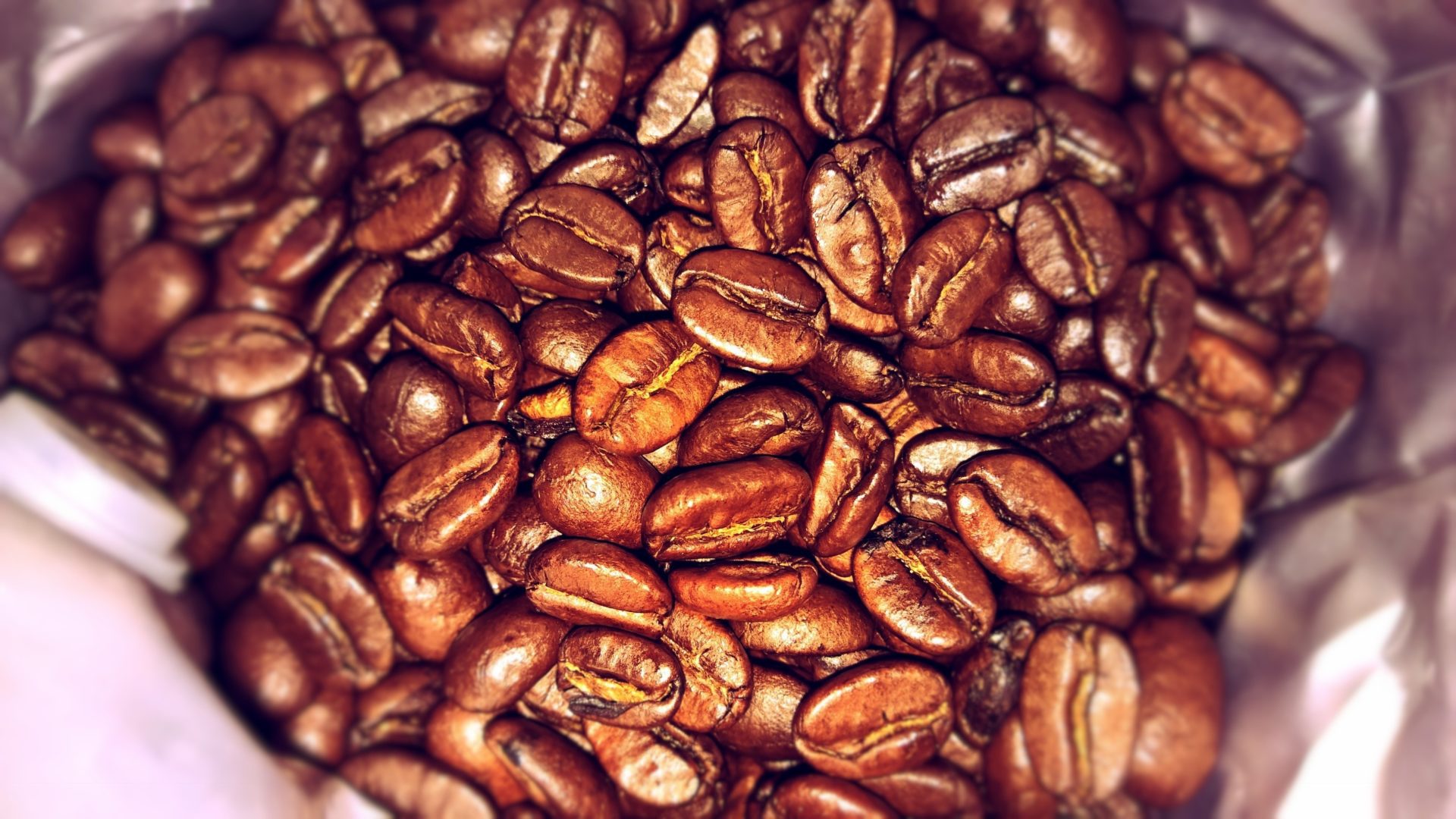For those of us who relish a warm cup of coffee but prefer to sidestep the caffeine jive, decaf coffee often emerges as the ideal brew. Yet the question remains – ‘Is decaf coffee really healthy?’.
The Decaffeination Process: A Peek Behind the Coffee Beans
Decaffeinated coffee is not some magical bean variant that naturally grows caffeine-free. It’s your regular coffee beans, albeit subjected to a process that strips off much of the caffeine content.
The decaffeination process typically involves soaking the beans in water, followed by an application of a solvent, activated carbon, or CO2, to attract the caffeine molecules. The process is iterated several times till the caffeine content is lowered to permissible limits (usually 2-3% original caffeine content).
Coffee Decaffeination: The Flip Side of the Process
Though this sounds straightforward enough, what’s significant is that along with caffeine, some other key components contributing to coffee’s flavour get stripped away too. Some of these have antioxidant and anti-inflammatory properties, and their loss represents one of the key drawbacks of the decaffeination process.
What about the Solvents Used?
Most solvents used are not harmful in the diluted levels present in your coffee. However, to preempt any petty concerns, remember that many coffee manufacturers now use entirely natural and safe solvents like activated carbon or even simple pure water.
Decaf Coffee: An Ideal Brew?
- The best decaffeinated coffee beans are typically were sourced from the Arabica bean, considering its rich flavor and lower caffeine content.
- Grind your beans just before brewing. Coffee grounds can start losing their flavor quite quickly.
- Decaf coffee flavors can be a bit muted, so use more grounds than you would with regular coffee.
- Avoid storing your coffee in moist or warm areas, as that can speed up the degradation process.
Frequently Asked Questions
Is decaf coffee 100% caffeine-free?
Contrary to popular belief, decaf coffee does not mean zero-caffeine coffee. Regulations allow decaf coffee to contain around 2-3% of the original caffeine content, which is typically quite negligible but important to note for those who are significantly caffeine-sensitive.
What is the best brewing method for decaf coffee?
Methods like the French Press that allow longer contact time between the water and the coffee grounds can result in a more flavourful brew when it comes to decaf coffee.
Decaf Coffee: Healthful Brew or Just Wishful Thinking?
So, is decaf coffee healthy? It still packs in most of the benefits of regular coffee – such as being rich in antioxidants and potentially lowering the risk of certain diseases. The compromise on taste and aroma, along with the slight loss of beneficial compounds, is the price we pay for dodging the caffeine jitters.
Ultimately, decrying decaf as unhealthy would be half-baked at best. True, it loses in the flavour department to its caffeinated counterpart and does have fewer antioxidants. However, it still offers considerable health benefits and above all, a peaceful night’s sleep. Now, isn’t decaf coffee sounding just right for your nightcaps?

